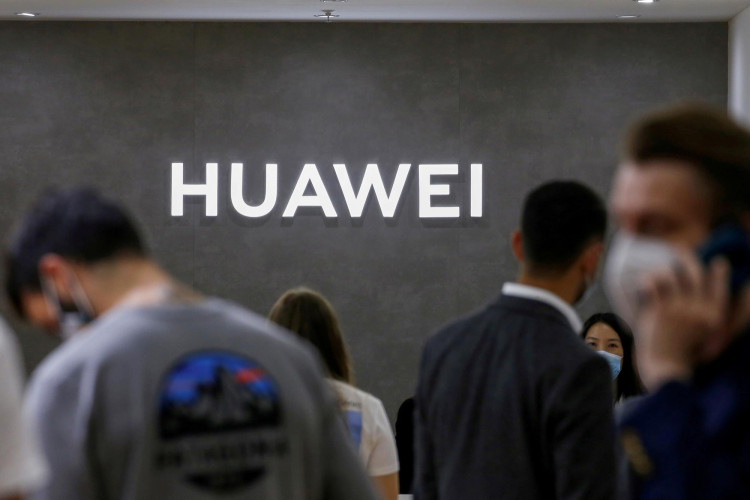Huawei Technologies Co., Ltd. is suing the U.S. Federal Communications Commission for its designation of the company as a threat to U.S. national security.
Huawei says the commission overstepped its jurisdiction in December and alleged it was capricious, arbitrary and violated federal rule-making procedures.
Huawei additionally claims the commission lacks evidence and failed to give the company a chance to defend itself before the designation.
The commission dismissed an appeal by the China telecommunications group in December - a determination backed by former U.S. President Donald Trump.
The commission formally categorized Huawei and ZTE Corp. in June as security threats - a declaration that bans American companies from an $8.3 billion government fund to acquire hardware from the companies.
Analysts contend Huawei's latest technology has security loopholes that allow China's government to eavesdrop on U.S. communications and collect data from American citizens. Huawei denies these accusations.
The dispute is Huawei's latest challenge to U.S. actions against the company. The Trump administration blocked Huawei from American technology and sought to convince its allies China's telecommunications equipment posed national security risks.
Meanwhile, Huawei founder Ren Zhengfei is confident the company can survive U.S. sanctions and has promised his company would continue to make smartphones while engaging with the Biden administration.






